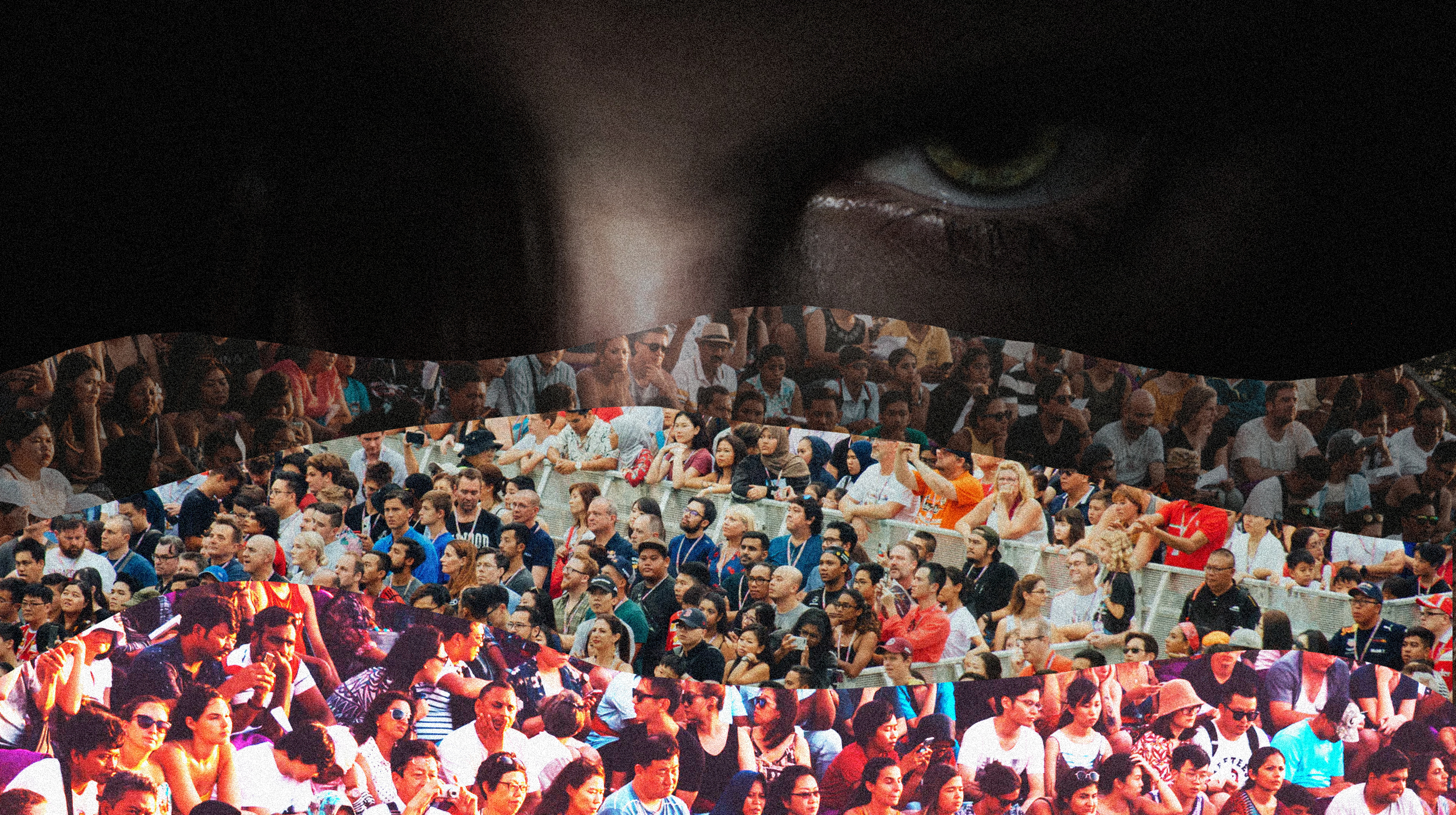Health
All Stories
The European Union is debating over two lists of nations from which it will accept travelers starting July 1.
In Chile, the so-called “release certificate” would free holders from all types of quarantine or restriction.
Innovative drugs are sometimes held up due to old-fashioned human biases.
Weight gain is a side effect of antidepressants, adding another layer of problems.
Three scientists examine three dimensions of psychopathy: neurological, social, and criminal.
▸
12 min
—
with
A team of scientists in Basel believes this will open up new lines of research.
While many people don’t think its all that bad, a new study suggests you should lay off while expecting.
The politicalization of mask-wearing doesn’t help stop the spread of infections.
Smart bandages quickly identify antibiotic-resistant bacteria, and normal bacteria, in owies.
Clinical trials by Janssen Pharmaceuticals showed troubling results.
Volunteering can feel great and make good things happen. Now we know it promotes your health too.
A conspiracy theory that 90 percent of the world’s population will be killed off spreads widely on pandemic fears.
Would you study abroad online?
The study also estimated that international lockdown efforts prevented more than 500 million infections worldwide.
In “Douglas,” the Australian comedian opens up about her autism diagnosis.
Technique may enable speedy, on-demand design of softer, safer neural devices.
New research establishes an unexpected connection.
We must rethink the “chemical imbalance” theory of mental health.
As a doctor, I am reminded every day of the fragility of the human body, how closely mortality lurks just around the corner.
The program aims to notify people after they’ve come in close contact with someone who tested positive.
Researchers at UT Southwestern noted a 47 percent increase in blood flow to regions associated with memory.
Currently, more than 100 COVID-19 vaccines are being developed worldwide.
Inbreeding leads to a problematically small gene pool.
A new wearable patch has been created at the University of California San Diego.
We will travel again, but it will not be the same.
Taking preventive measures and investing in positive mental health can impact productivity, company culture, and staff turnover.
There are countless studies that prove ecotherapy (often referred to as nature therapy) is beneficial for your physical and mental health.
A study by UK archaeologists finds that longbows caused horrific injuries similar to modern gunshot wounds.
R is a way of measuring an infectious disease’s capacity to spread.
A Cornell Health physician has blended rap and medicine to better educate kids on coronavirus guidelines.





























